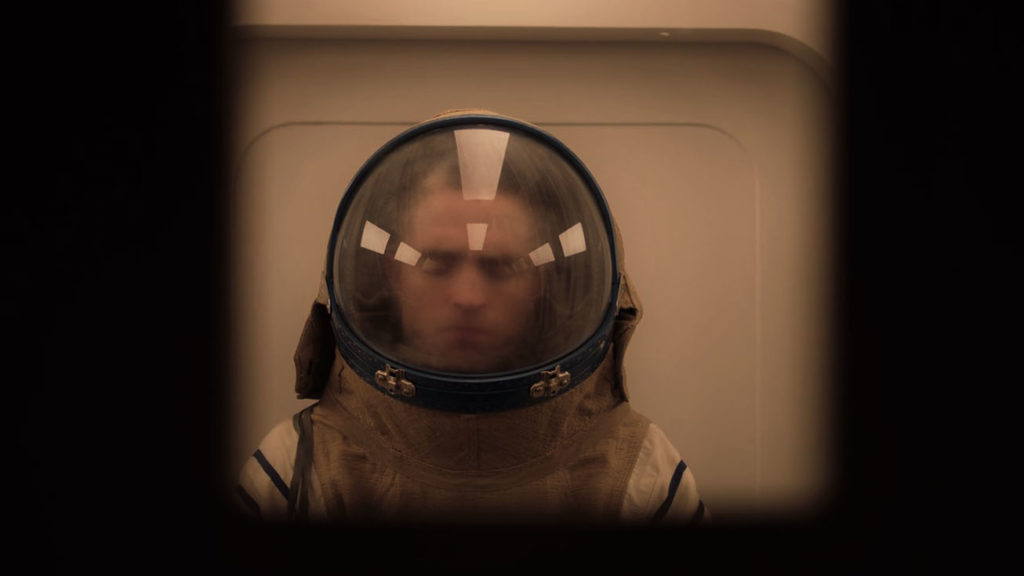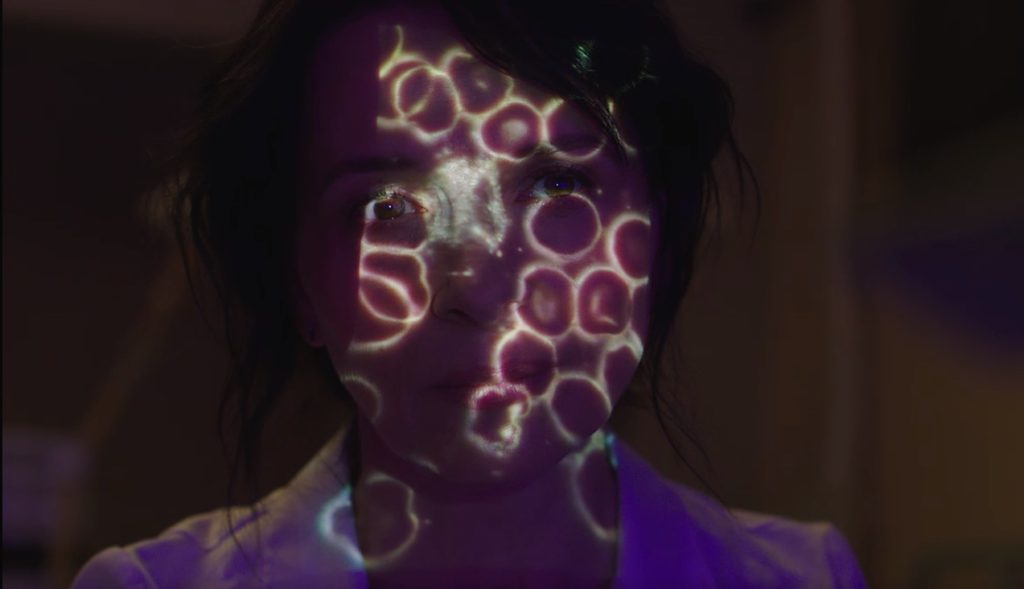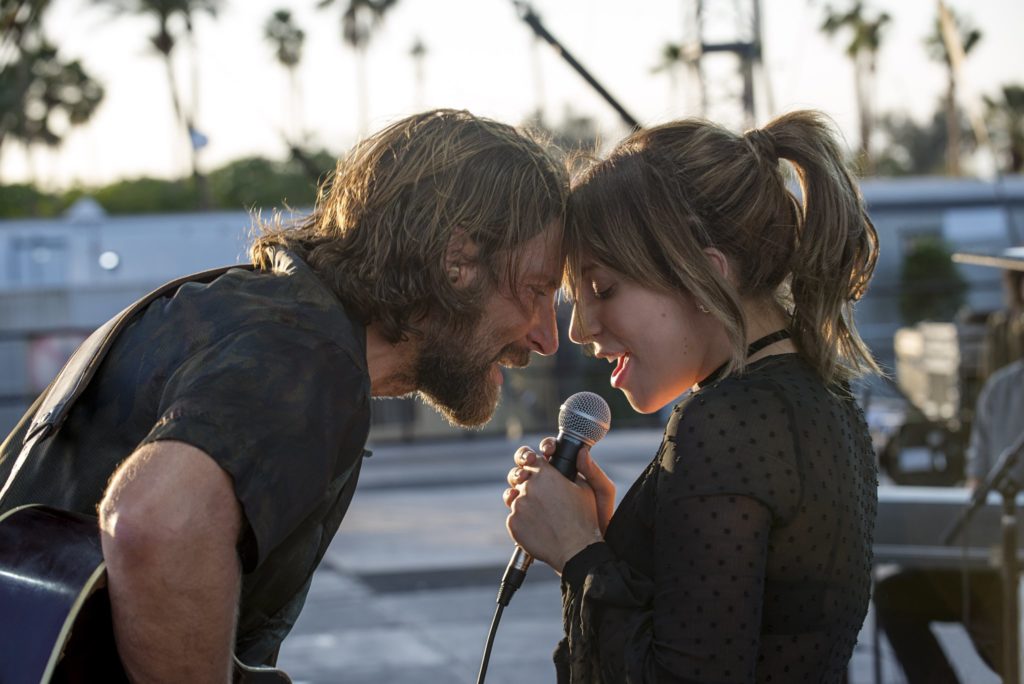Reviews include Deadpool & Wolverine, Doubles, and Mountain Queen: The Summits of Lhakpa Sherpa.
Dark Star Power at TIFF 2018
September 18, 2018
Jettisoned bodies in spacesuits adrift against a canvas of stars.
A vacant glove suspended in midair. A slumbering figure disappearing into a patch of soil. A delinquent’s raised hand silhouetted against heavy cloud-cover.

Claire Denis’ High Life contains no shortage of images at once emblematic and enigmatic, images infused with an acute sense of the fragility and fleetingness of corporeality. However, I’m not sure if any image from this body-conscious interstellar journey is quite as deliciously strange as that of Denis striding the boards at Roy Thompson Hall. In an intriguing departure with programming schema, High Life had its world premiere in the Toronto International Film Festival’s historically more genteel Gala section. This placement, along with Denis being the recipient of the Roger Ebert Golden Thumb Award, might give the impression that the French auteur of such films as I Can’t Sleep, Beau Travail and The Intruder is somehow becoming domesticated, but anyone who managed to catch her English-language, Robert Pattinson-starring science fiction — a genre she pays no more fealty to than she did rom-com or horror in earlier films — already knows that it is the feel-bad movie of the year. Though I find it hard to feel bad while beholding something this hauntingly exquisite.

A story of hardened criminals flung into space at incrementally higher speeds with no chance of return, High Life shares a certain high-concept foundation with Con-Air or even TIFF ’18 title The Predator — which, incidentally, is pretty fun—but its purview is directed at knotty existential questions regarding purpose, propagation and colonial expansion. (The film could make an interesting double-bill with the equally bleak frontier drama Meek’s Cutoff.) There’s pretty much trouble every day on this mission to a black hole, which involves rape, murder, suicide, and single-parent child-rearing, yet at least one character possesses some genuine innocence — an aspect accentuated by another gorgeous score from longtime Denis collaborator Stuart A. Staples of Tindersticks. The ways in which High Life’s sense of wonder and even tenderness counteracts its grotesqueries and inherent pessimism speaks to the tonal openness generated by Denis’ singular approach to narrative. Which makes the contrast between High Life and fellow space-placed Gala selection, Damien Chazelle’s Neil Armstrong movie First Man all the more striking: where the former is sensuous, provocative and rife with funk (also: semen), the latter is reverent, exactingly rendered, somber and utterly sterile—one small step for Man indeed.

Speaking of stars, galas, body fluids and… okay that’s it, A Star is Born, movie star Bradley Cooper’s directorial debut, the fifth iteration of the Hollywood standard first birthed under William Wellman’s stewardship, is not that bad. Which makes it so much better than was reasonable to expect. Cooper does a very good Sam Elliot, Sam Elliot does an even better Sam Elliot, Dave Chappelle makes an endearing cameo, and Lady Gaga navigates the exhilaration and anxieties of fame and fraught marriage with emotional immediacy. Cooper wisely assembled a strong mix of collaborators — Matthew Libatique as cinematographer was an especially inspired choice — and the net result is a respectable middle-brow tearjerker about personal tragedy and professional triumph.
My one substantial beef with the film has to do with its tin ear regarding thematic coherence. Scripted by Cooper, Eric Roth and Will Fetters, the film foregrounds authenticity as a bottom line for its characters in all matters of love and creativity; Gaga character is launched as a singer-songwriter in the same Southern roots-rock idiom as Cooper’s, yet midway through A Star is Born she suddenly transforms into an exceedingly image-conscious electro-pop idol. It’s difficult to parse to what extent this transformation speaks to the character’s creative integrity: it could have been interesting to suggest that the electro-pop version was actually her more authentic artistic self, but the distinctions become muddled, particularly once Cooper’s character begins to nosedive into addiction, self-loathing and publicly humiliation at an awards ceremony where he’s asked to play guitar in a lame Roy Orbison cover.
It should make for a confusing soundtrack.
— José Teodoro



